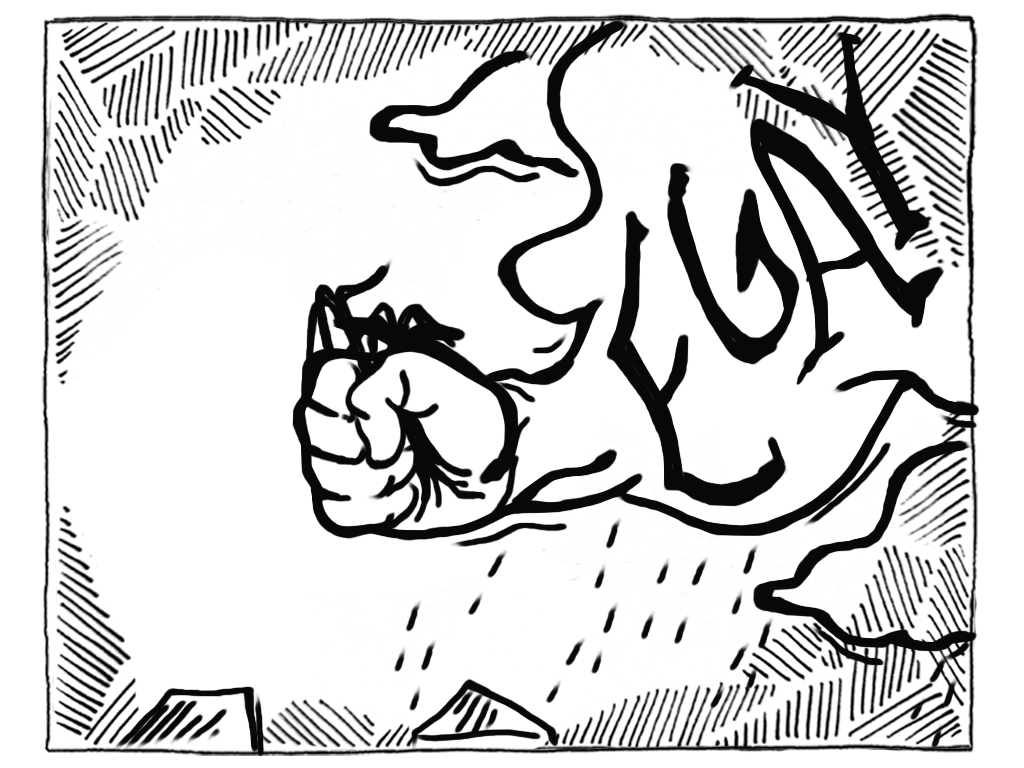From the Newsrooms: China Coast Guard attack on PH resupply mission escalates threat in West Philippine Sea
A rundown of key events and issues covered by newsrooms from July 31 to August 6, 2023

IN HIS two addresses to the nation, Marcos claimed that the state of the Philippines is “sound” – seemingly oblivious to the severe challenges that face the country. Security in its various aspects leaves much to be desired.
News in the past week continued to track the destructive storms and monsoon rains which left so much of Luzon flooded. The cost of agricultural damage was estimated at more than PHP 4 billion, threatening food supplies and raising questions about crop harvests in the coming months. The lack of food involves diminished marine resources caused by the heightened aggression of the China Coast Guard (CCG) or militia in the West Philippine Sea (WPS).
Heightened attack against PCG
In the morning of August 6, Commodore Jay Tarriela, spokesperson of the Philippine Coast Guard (PCG) on WPS, condemned in an online public statement the CCG’s use of water cannons against PCG vessels on a resupply mission to Ayungin Shoal. The Armed Forces of the Philippines (AFP) chartered boats accompanied by the PCG to drop food and supplies to BRP Sierra Madre. Tarriela said the CCG’s action endangered the PCG crew and violated international law.
In a separate statement, the AFP said the vessels did not complete the mission, unable to unload the supplies “because of the CCG’s dangerous maneuvers.”
Online media started reporting the news at noon, recalling the CCG’s use of water cannons in another attack in in November 2021.
The current incident led the primetime newscasts of ABS-CBN’s TV Patrol, GMA-7’s 24 Oras and CNN Philippines’ Newsroom Weekend. The TV reports showed photos and videos of the incident as provided by the PCG, noting the close distance between the offending vessel and the Philippine boat.
Media promptly reported statements of condemnation from Philippine allies such as the United States, Australia, Canada, Japan, Germany and the European Union. Meanwhile, the CCG accused the PCG of trespassing and carrying illegal construction materials.
Some reports online did note that the incident happened after the Senate passed a resolution “strongly condemning” China’s continuing harassment in the WPS. Adopted on August 1, the same resolution recommended five action points for the Philippine government, including raising the incidents to the UN General Assembly. Responding to the incident, senators similarly condemned it in individual statements, urging the Department of Foreign Affairs (DFA) to implement the resolution. DFA Spokesperson Teresita Daza told reporters through text message that her agency acknowledges the incident and shares other officials’ position.
President Marcos has so far been silent on the issue of China’s direct harassment. News accounts did not note the absence of any immediate response from the Palace nor referred to the recent controversial visit made by Rodrigo Duterte which had raised questions about Marcos’ stand on China.
The Philippine Star reported that when Marcos and Duterte met on August 2 to discuss the trip, the Palace did not share what exactly they talked about, providing only the time of the meeting and the people present.
News accounts did not explain the implications of this lack of clarity. Such ambivalence on the part of President Marcos raises valid concerns about the readiness or capacity of the country’s chief executive to take the necessary steps to check China’s aggression in the WPS.
Media need to include the broaden the discourse on the impact of Chinese aggression in the WPS. The matter of territorial sovereignty is important. But Filipinos should also understand how their basic food security is affected. Reports must inquire more sharply into the government’s silence or its uncertainty about what to do to protect the country and its people.
Leave a Reply